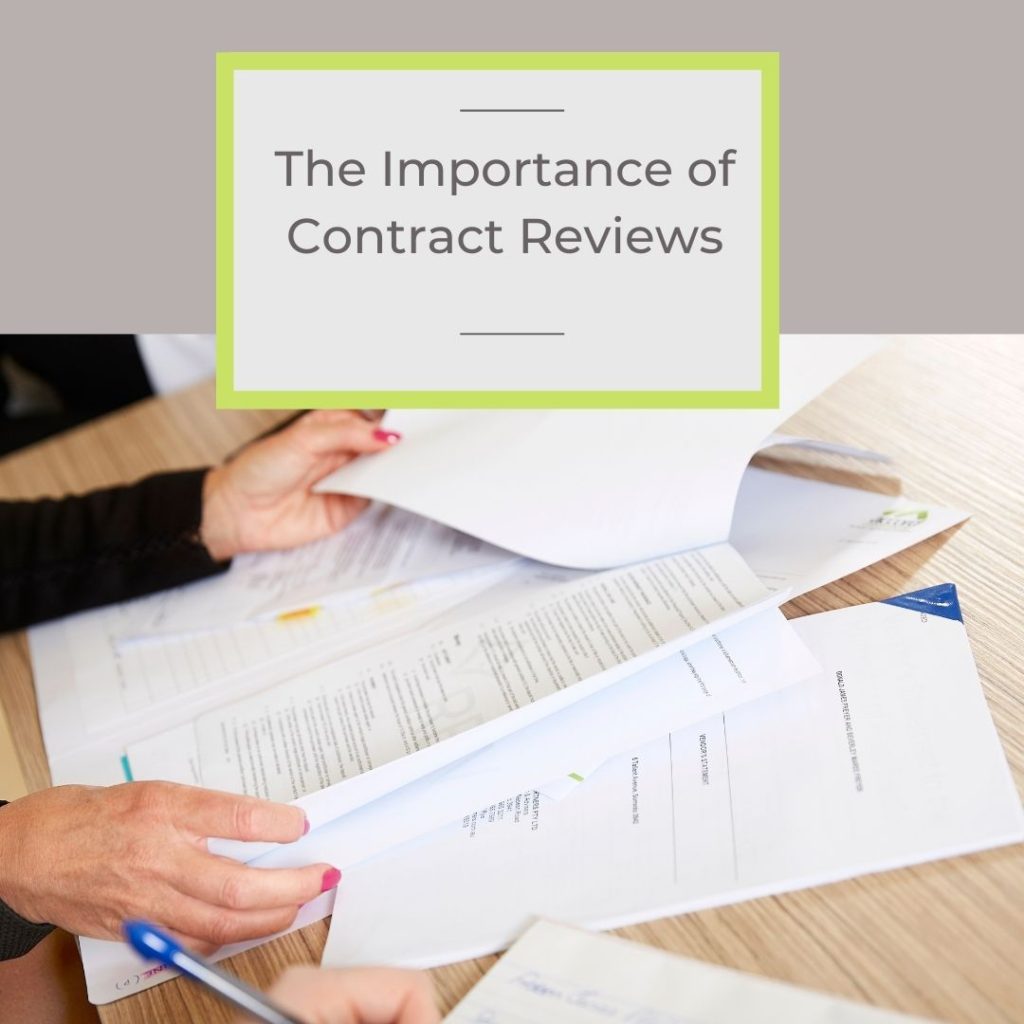What is a Contract Review?
04 November 2021
Whether you are a first home buyer or hunting for another investment property, understanding the Contract of Sale you are about to sign and the accompanying Section 32 Vendor Statement is just as important for your pre-purchase due-diligence as inspecting the property is.
The Contract contains more than just the agreed terms of your offer. Most commonly, there are a range of Special Conditions which are added into the Contract by the Vendor’s Conveyancer to not only limit a Vendor’s liability, but also limit a Purchaser’s rights. Some of these conditions can be innocuous, while others can place additional costs on you or remove your rights of recourse in the event of a dispute prior to settlement.
Deciphering which of these conditions are onerous and which are not, and breaking down the legal jargon used in those conditions, is part of a Conveyancer’s role when they review a Contract of Sale for you.
Annexed to the Contract of Sale is the Section 32 Vendor Statement. This is a disclosure document provided by a Vendor which outlines significant information about the property that is not always identifiable during your inspection, but can be detrimental in your decision to purchase regardless. Such information includes the annual outgoings like council rates, owners corporation levies and land tax, land use restrictions and encumbrances, as well as building permits and planning restrictions.
Whilst on the surface this information may seem practical and harmless it all plays an important role in understanding the property and determining any adverse impact. For example, residential properties that are designated in a ‘Commercial Zone’ can create issues for first home buyers obtaining loans, as many banks restrict their lending based on a property’s zoning, while investors looking to build a new dwelling may have their plans impeded because of a wide underground drainage or sewerage easement that cannot be built over.
Some of the biggest red flags we have identified for our clients have been at the time of a pre-signing contract review, which has ultimately saved those clients both money and heartache.
For example, we were approached by a first home buyer who had signed an unconditional contract (without a review) but was within their three-day cooling off period. Upon discussing the property, we began to suspect that the property was part of a Company Share Title which is a complex type of property many Conveyancers do not, or rarely, handle. We asked for the client to send us a copy of the Contract and, after confirming that the property did form part of a Company Share Title by reviewing the content of the Section 32 Statement, we recommended the client speak with their broker as we knew, from our experience, that many banks would not approve loans to first home buyers purchasing properties of a Company Share Title. The broker confirmed the same thing, and the client was able to withdraw from the Contract by exercising their right to cool off. The 10% Deposit they paid was also fully refunded.
This particular detail is not something a purchaser can identify by physically inspecting the property, and it also isn’t something an agent may be aware of when marketing the property, yet it had a significant impact on our client’s ability to settle the property they almost committed to buying.
Once you have signed an unconditional contract you are legally bound to complete that contract and settle your purchase on the scheduled date, regardless of what you might discover in the contract after you have signed. This is why it is integral to understand the content of the Contract and Section 32 Statement, and have a clear picture of the property you are buying, before putting pen to paper.
It is also important to note that some Conveyancers may charge a fee to undertake a contract review on your behalf, whereas some may not. Regardless, when engaging a Conveyancer for a contract review you should always enquire with them as to what their review process includes. In some instances, where there is no fee payable for a contract review this may suggest that the Conveyancer’s review process is a quick skim of the Contract and Section 32 followed by a brief email to you advising that “it all looks fine”.
A conveyancing contract review should include a detailed perusal of the Contract and Section 32 as well as a comprehensive written report for you that breaks down all the legal jargon, as well as raises any red flags or offers recommendations about changes to the contract documents. This ensures that you are fully armed with all the relevant information, and confidence, to proceed with the purchase and sign a legally binding Contract of Sale.
If you are in need of a contract review, feel free to contact our conveyancers or utilise the convenient contract review portal on our website.
